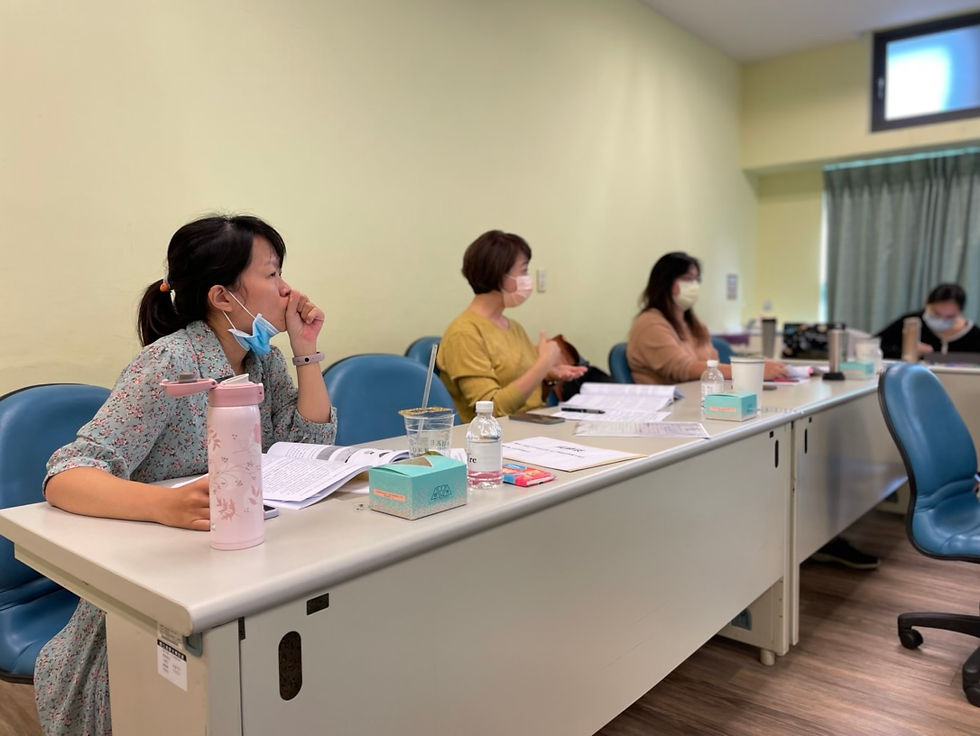
The Early Development and Intervention Lab

朱思穎 教授
國立清華大學 特殊教育學系
Szu-Yin Chu Professor
Department of Special Education,National Tsing Hua University
研究專長:
學前特殊教育、早期療育、親師合作、證據本位實踐、文化回應教師效能
Research Areas:
Early Childhood Special Education, Early Intervention, Parent-Professional Partnership, Evidence-Based Practices, Culturally Responsive Teaching Efficacy
聯絡方式:
Email: chusy@mx.nthu.edu.tw
Tel: +886 03-5715131#61063
教學理念
在我的求學路程以來受到很多師長的提攜幫助,因此也期許自己將來可以當一位影響他人的老師。本身為身心障礙人士的家庭成員之一,激勵我想當一位特殊教育工作者,且致力於學前特殊幼兒教育的教學與研究。回國後先到臺東大學任職, 接觸了特殊幼兒與家庭後發現因臺東地處偏遠,也位在全臺經濟最弱勢的地區,在沒有足夠的人力以及財力資源下,特殊幼兒未能獲得適切的早期療育服務,也因此這幾年的研究重心擺放在培育優質的早療專業人員。自知專業領域上仍有不足,但有顆從事終生學習的心,希望這份熱忱將幫助我對這塊土地有所貢獻。
教學上,一直保有熱情,也與實務現場一直做結合。相信當教師給予學生適切支持的時候,每一位都能將獨特的潛能展現出來。更相信教學的根本在於促進學習,創造正向學習環境,給予學生工具,激勵學生發現學習的樂趣。
教學相長是我終身信念。
Szu-Yin Chu is currently a Professor at Department of Special Education at National Tsing Hua University, Taiwan. She received her doctoral degree from the Department of Special Education, University of Texas at Austin, U.S., and joined the faculty as an Associate Professor at National Tsing Hua University (original name: National Hsinchu University of Education), Taiwan in 2015.
She is a teacher educator, a behavior therapist, and an advocate for students with disabilities and their families. Her scholarship is grounded in multi-disciplinary approaches to theory in education. Her current and future plans are to secure funding/grant to design, implement, and evaluate the effectiveness of education for young children who are at risk, or with disabilities from culturally and linguistically diverse backgrounds.
To impact the teaching profession, she not only serves as a teacher, but also as a role model to her students’ teaching views and practices. It is her goal to share with future educators how to design more effective programs and curricula by taking into account the various cultural, linguistic, experiential, and socioeconomic factors that influence the teaching-learning process. To achieve her teaching objectives, a variety of approaches, including class lectures, discussions, simulations, field experiences, training exercises and written assignments, will be utilized to promote learning outcomes.





